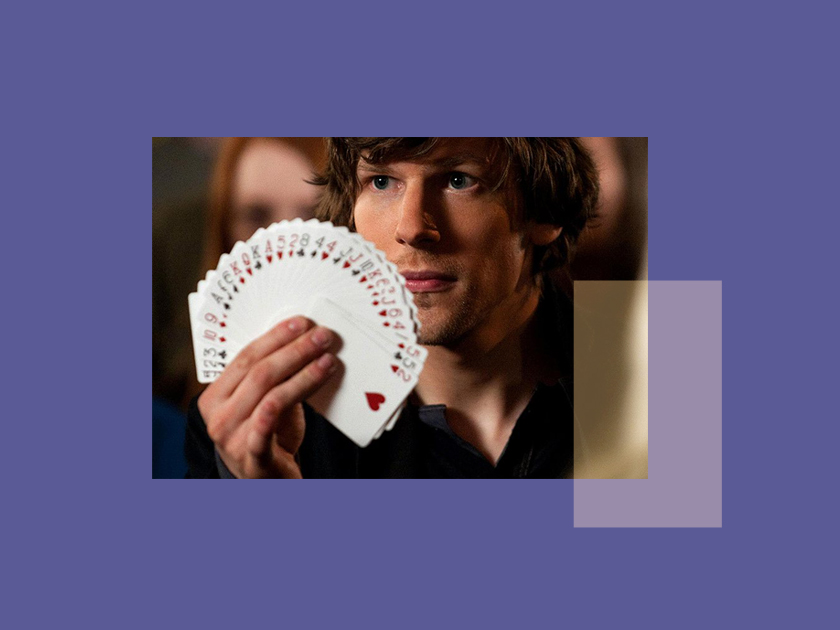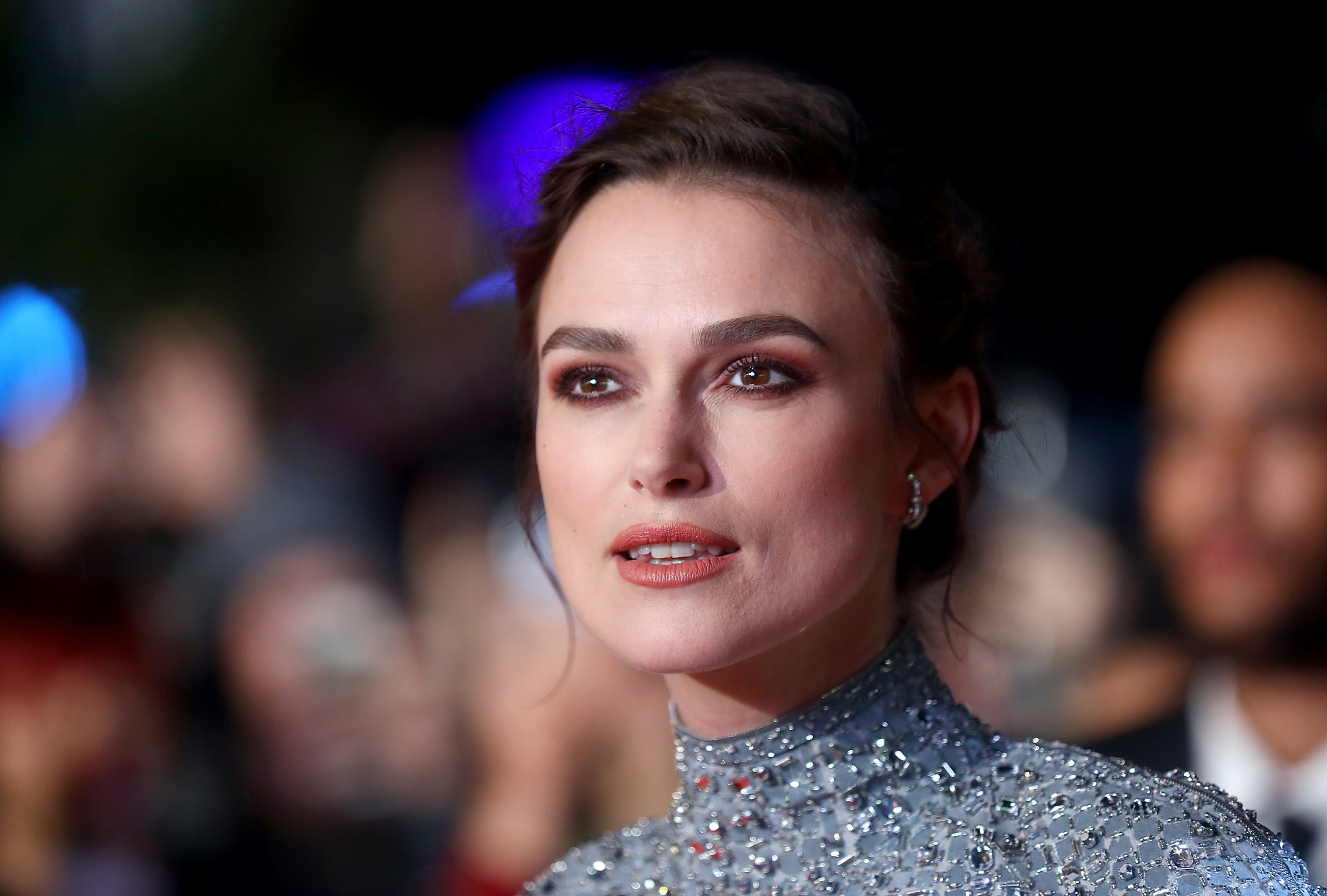By chance, The debut feature film by Swiss Frenchman Elie Grappe arrives in commercial theaters in a context that gives greater depth to his proposal, ‘Olga’screened for the first time at the Critics’ Week of the 74th Cannes Film Festival, screened at the Karlovy Vary Film Festival and chosen by Switzerland to represent the country in the category of best international film at the 94th Oscar, which delves into the living personal dilemma a young Ukrainian Olympic gymnast, forced to reside in Switzerland shortly before the outbreak of the Euromaidan demonstrations and riots which, in February 2014, led to the fall of the pro-Russian government of Viktor Yanukovych.

Given that since February 24, the day on which Russia invaded eastern and southern Ukraine and thus began the war between the two countries, the world population has been looking at the conflict with different eyes, the launch of “Olga” reflects how European public opinion was not so unanimous in its support for Ukraine a few years earlieralthough Grappe chooses to transform his plea into a personal journey in which political reality cannot be extraneous to the decisions of its protagonist.
Set just before the outbreak of the Euromaidan, Olga is a 15-year-old teenager preparing to compete in the European Artistic Gymnastics Championships with the Ukrainian national team. Her life will be turned upside down when she experiences firsthand the consequences of her mother, a journalist, when she is nearly killed by people linked to the Yanukovych government., as his mother is one of the people who publicly denounces corruption in the country. Since her mother does not intend to abandon her vocation, she decides to protect her daughter by sending her to Switzerland, the country of origin of her father.

Although the Swiss setting was chosen for convenience, as this is where Grappe lives, the place to develop the plot is tremendously metaphorical. Country famous for its neutrality and for being isolated from the political decisions of the European Union, not being a member state, it represents a stark contrast to the aspirations of a young woman who is torn between individual and collective feelings. On the one hand she is a strong and applied gymnast, who does not get carried away by her emotions in the execution of the various exercises; but she, on the other hand, she shows herself helpless in the face of the emergence of the revolution in her country of origin, wanting to be an active part of it.
Sublime exercise on how, when mere personal existence is at stake, even a small gesture is a political act
This personal dilemma can be seen in a tremendously frontal way in the film, given the vocation of the protagonist, who invites a series of very physical sequences; as well as inside the sport, which is both group and individual, which shows the strong inner contrast experienced by the young woman, masterfully interpreted by the professional gymnast Anastasia Budiashkinawho made her debut as an actress in this role, showing that inner drama that the young Olga experiences in an exceptional and professional way, while remembering how strong the spirit of the Olympic athlete is.

In addition to this, Grappe, who signs the screenplay together with the famous screenwriter Raphaëlle Desplechin (sister of Arnaud Desplechin); does an accurate portrayal of how the rest of European society reacted to the emergence of Euromaidan and the passive stance with ever-belligerent Russia. Added to this is how the commitment to hospitality is called into question when the refugee is kept at home and not in a foreign place. Grappe does not hesitate to show the xenophobia that exists in the society of the Swiss countryincluding the teenage population or as a coach is clearly disrespectful for confusing Ukraine with Russia and living completely oblivious to the drama the girl is experiencing for her country.
“Olga” is a sublime debut, with a committed director showing when it is appropriate to show political commitment, especially when it comes to defending mere individual existence. The feature film has the virtue of transcending the present (because, after all, it wasn’t made with this in mind), which makes it an artistic expression that beautifully combines social drama with an individual story of personal catharsis with a fantastic protagonist. Grappe already aspires to follow in the footsteps of the Belgian Lukas Dhont or his compatriot Samuel Theis when it comes to his ability to observe and capture the complexity of youthful thinking.
Note: 8
The best: The inner strength of its protagonist.
Worse: What is shown before its end is too ambiguous.
Source: E Cartelera
Elizabeth Cabrera is an author and journalist who writes for The Fashion Vibes. With a talent for staying up-to-date on the latest news and trends, Elizabeth is dedicated to delivering informative and engaging articles that keep readers informed on the latest developments.




